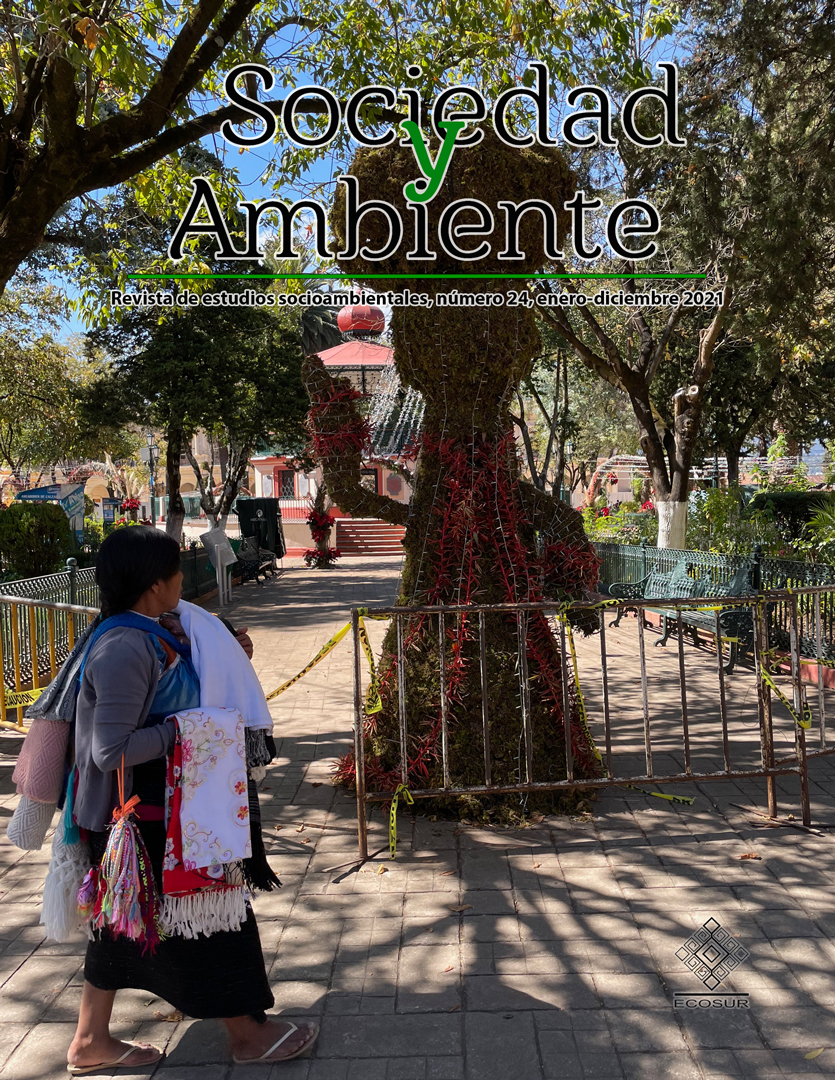Abstract
The "community capacity" refers to the operation of territorial management in the face of environmental deterioration. The diversity of community contexts implies that the management of natural resources is carried out in very variable situations, which involves challenges in defining the purpose of said capacity, as it constitutes a concept applicable to environmental management. The objective of this article is to analyze components of community capacity in terms of this concept's usefulness to explain the management of natural resources in rural areas and discuss its relevance, both as a "process" and as a "result," from environmental management. The methodology consists of a qualitative comparative analysis between two case studies in rural communities in the state of Mexico. The results show no unique way to integrate the components of community capacity that work the same in the cases, but human capital and social capital are central among these components. Community capacity oriented to natural resource management must distinguish agency from local actors and strengthen individual and collective performance skills.

Sociedad y Ambiente by ECOSUR is licensed under a Creative Commons Reconocimiento-NoComercial-SinObraDerivada 2.5 México License


